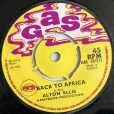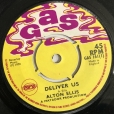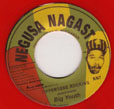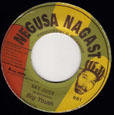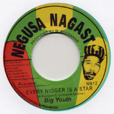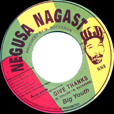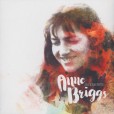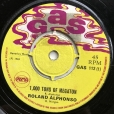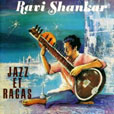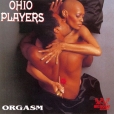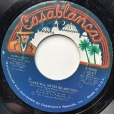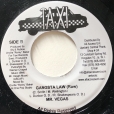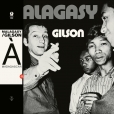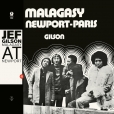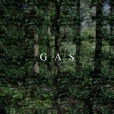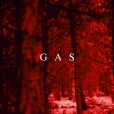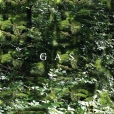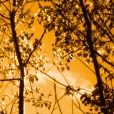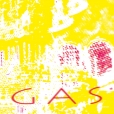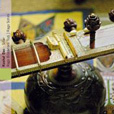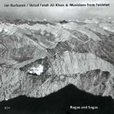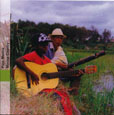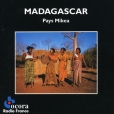Your basket is empty

The great deejay’s deliriously authoritative toast of Satta.
‘Why do the heathen rage? Let us break their bands asunder.’
A compilation of the best of their Westbounds.
The fabulous, legendary LP originally issued by Lumen in 1972, born out of several visits to Madagascar by Gilson and fellow musicians from Paris, and their collaborations with musicians on the island.
Fittingly the first trip was on May 13 1968, the day of the general strike in France: this is tumultuous, insurgent, joyous, blisteringly swinging, outernational Malagasy jazz, including a a charged, unmissable The Creator Has A Masterplan, and Avaradoha, a composition by Madagascan saxophonist Serge Rahoerson (who leads this recording), which was the anthem of the rotaka protests in 1972, bringing down the neo-colonial First Republic of Madagascar. The closer showcases various traditional Madagascan percussion instruments, played by the same trio which that year recorded Le Massacre Du Printemps, Gilson’s avant-noise homage in memoriam of Stravinsky.
Hot.
Jef Gilson, Sylvin Marc and his cousin Ange Japhet, Del Rabenja, Gérard Rakotoarivony and Frank Raholison, blending together bebop, sub-Saharan roots and electric funk.
Requiem Pour Django, Dizzy 48 and Anamorphose — renamed Salegy Jef after this re-routing via Madagascar — rejuvenate Gilson compositions from the previous couple of decades. Newport Bounce is a reworking of Interlude, recorded by Gilson in 1969 with Philly Joe Jones. Le Newport was a club in rue Grégoire de Tours, Saint Germain des Prés.
Elegant, serene, new-wave, profoundly tuneful playing, with accompaniment from Abhijit Banerjee’s tabla and Sudipta Remy’s tampura.
With Ustad Fateh Ali Khan singing; Ustad Shaukat Hussain, tabla; Ustad Nazim Ali Khan, sarangi; Deepika Thathaal, voice; Manu Katche, drums.
Various songs — and valiha zither, made from a bamboo trunk, the sodina flute, the angorodao accordion, the kabosy lute, and the amponga tany, a ground zither made of plant rope, wood, and shit.
